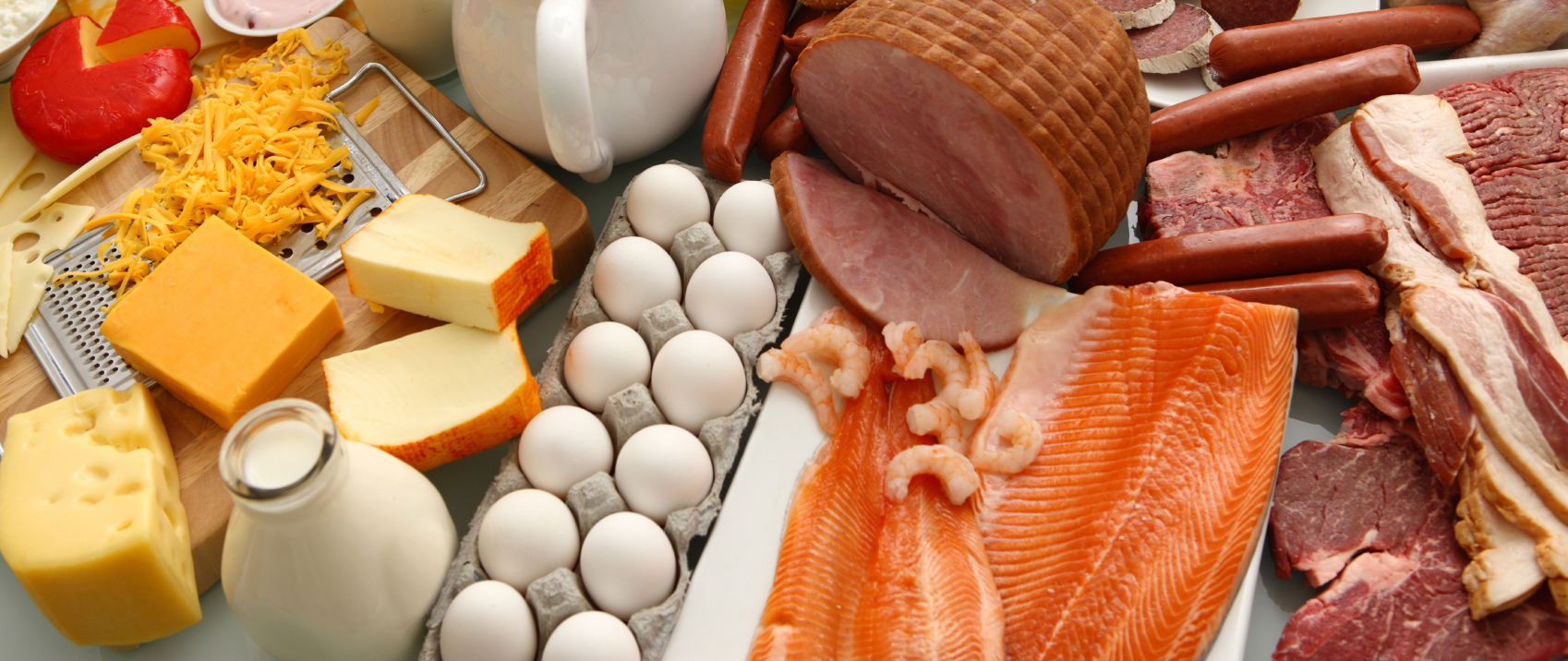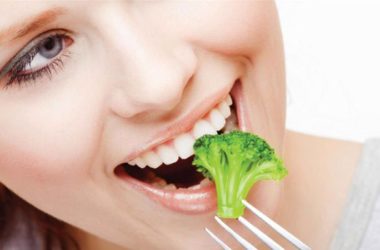Protein comes from the Greek word “protos” which means first. That’s the perfect name for this particular type of nutrient as it can be found in every cell of yours. It’s exactly for this reason why the inclusion of sufficient amounts of protein in the diet is very important.
In this article, you will learn just about everything you need to know about protein — why it’s important, the pros and cons of embracing a high-protein diet, and the protein content of some of the best sources of this highly important nutrient.
The Importance of Protein
Because protein is a crucial component of every living cell in the body, obtaining the nutrient via the diet is very important. According to nutritional experts, the amount of protein you should consume on a daily basis is 0.36 grams per pound of body weight — that’s 0.80 grams of protein per kilogram.
The importance of getting sufficient amounts of protein on daily basis cannot be stressed enough. It’s because of the following quick facts:
- Protein is the body’s building block.
- It’s vital for the production of important chemicals in the body — hormones, neurotransmitters and enzymes.
- Protein is important for the building, repair and maintenance of skeletal muscles.
- The inner structure of the bones is actually made up of protein.
- The blood contains certain types of proteins for the transport of oxygen molecules and cholesterol.
- Protein is vital for the creation of new cells.
- You hair, nails and outermost layer of skin are comprised of proteins.
- Protein deficiency in children may lead to growth and mental retardation.
- Prolonged deficiency in protein weakens the immune system.
Pros and Cons of a High-Protein Diet
Earlier, the recommended daily amount of protein you should take was discussed briefly. Keeping your protein intake optimum is necessary for proper body functioning and health.
You might have heard of the benefits of having a high-protein diet. Well, it’s true that there are many perks to enjoy for primarily munching on foods that are packed with protein. Some of them include:
- Accelerated weight loss, making it especially beneficial for people who want to drop excess pounds.
- It’s also ideal for individuals who like to gain a lot of muscle mass in no time.
- Better brain functioning especially when the intake of carbohydrates and sugar is reduced.
- Experts say that those with diabetes, osteoporosis and metabolic syndrome can benefit from a high-protein diet.
The above are some of the pros of opting for a high-protein diet. However, just like with anything that keeps you from having a well-balanced diet which consists of various nutrients in specific amounts, there are also a few cons. The negatives of having a high-protein diet are:
- Meat high in protein is also loaded with saturated fats and bad cholesterol.
- The reduction of fruits and vegetables considerably reduces your consumption of certain vitamins and minerals.
- Reducing fruits and vegetables also limits your intake of dietary fiber.
- Experts say that going on a high-protein diet for weight loss isn’t a good long-term solution.
- You may smell terrible because of the accumulation of ketones — chemicals the body produces when it doesn’t have enough sugar in the blood.
It is completely up to you to weigh the pros and cons of having a high-protein diet. In addition, it is a good idea to tell your doctor about your drastic meal plan change. This is especially true if you are currently diagnosed with a medical condition and receiving treatment for it.
Protein Content of Protein-Rich Foods
Below is a list of foods that contain good amounts of protein. They are alphabetically arranged to make it easier to locate a particular food whose protein content you like to check out. Also, the list below is based on a 100-gram serving.
- Almonds : 1 grams
- Anchovies : 5 grams
- Bacon : 9 grams
- Beans : 5 grams
- Bananas : 2 grams
- Beef : 9 grams
- Broccoli : 2 grams
- Cheese : 9 grams
- Chicken breast : 5 grams
- Cod : 9 grams
- Couscous : 1 grams
- Crab : 1 grams
- Eggs : 5 grams
- Haddock : 4 grams
- Hummus : 4 grams
- Lamb : 9 grams
- Lobster : 4 grams
- Milk (whole) : 3 grams
- Peanut butter : 9 grams
- Peas : 9 grams
- Prawns : 0 grams
- Pumpkin seeds : 8 grams
- Salmon : 6 grams
- Sausages : 9 grams
- Soya beans : 9 grams
- Sunflower seeds : 4 grams
- Tilapia : 0 grams
- Tofu : 1 grams
- Tuna (canned) : 3 grams
- Turkey breast : 3 grams
- Yogurt : 5 grams














